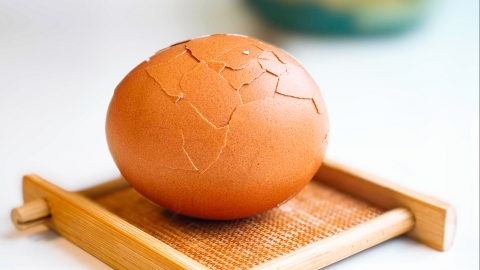Can patients with kidney stones eat eggs?
Generally, patients with kidney stones can eat eggs. Eggs are low in purines and oxalates, and moderate consumption usually does not worsen the condition, while also providing essential nutrients. Detailed analysis is as follows:

Eggs are rich in high-quality protein, lecithin, vitamin A, vitamin D, and various minerals. These nutrients provide energy and support normal physiological functions. Additionally, eggs contain low levels of purines and oxalates, which means they do not significantly increase uric acid or oxalate levels in the body, nor do they easily promote the formation or growth of kidney stones. Therefore, eggs are suitable as a source of daily nutrition for kidney stone patients. However, attention should be paid to the quantity consumed, as excessive intake may burden digestion. It is recommended to consume one egg per day, prepared using light cooking methods such as boiling or steaming, rather than frying.
In daily life, kidney stone patients should maintain a balanced diet, drink plenty of water to promote urine excretion, reduce the risk of stone formation, and also maintain regular sleep patterns, engage in moderate exercise, and undergo regular follow-up examinations to help maintain stable physical health.





